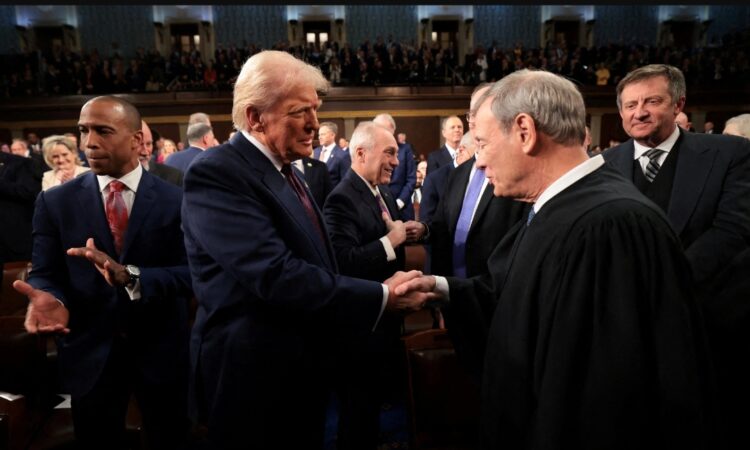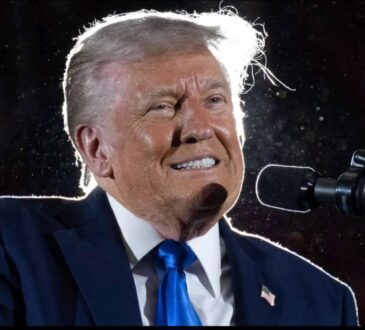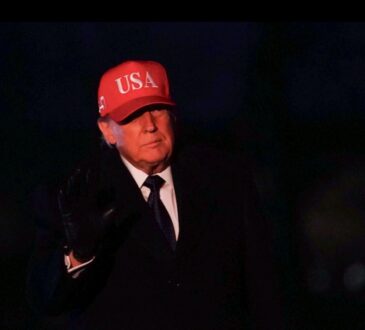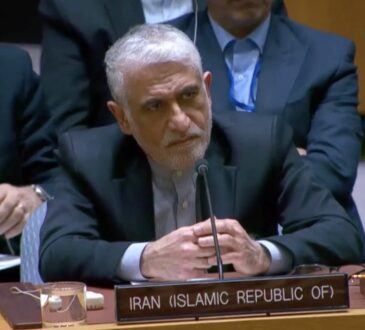
The U.S. Supreme Court recently gave former President Donald Trump a level of legal protection that many critics say is extremely dangerous. In a 2024 case called Trump v. the United States, the Court ruled 6–3 that presidents cannot be prosecuted for any “official acts” they carry out while in office. The decision split the Court sharply, with Justice Sonia Sotomayor warning that this gives presidents far too much unchecked power. She said that, under this rule, a president could even order the killing of a political rival, call it an “official act,” and then face no criminal punishment.
Legal experts like Elie Mystal say there’s a big difference between “qualified immunity,” which limits when officials can be sued, and “absolute immunity,” which completely shields them. The Supreme Court’s ruling gives presidents absolute immunity for anything they do that could be labeled “official,” and that’s what worries many people.
Journalist Heather Digby Parton wrote an article for Salon arguing that this new level of power could have very real and deadly consequences. She pointed to President Trump’s recent military actions against boats near Venezuela as an example. She asked, what happens when a leader believes he literally has a “license to kill” — and then starts using it?.
Parton reminded readers that during the Supreme Court hearings, some justices and lawyers discussed extreme examples — like a president ordering a Navy SEAL team to assassinate a political opponent — to show how much power this ruling could give. Now, she says, we may be seeing that kind of power in action.
On October 3, U.S. forces attacked a boat near Venezuela that Trump’s administration claimed was involved in drug trafficking. Four people were killed, bringing the total number of deaths from several similar strikes to 21.
Trump boasted about the operation on his social media site, Truth Social, saying the boat was “loaded with enough drugs to kill 25,000 to 50,000 people.” His Defense Secretary, Pete Hegseth, also posted that the strike killed “four male narco-terrorists” and that no U.S. troops were hurt. However, neither Trump nor his administration provided any proof that the people on the boat were actually drug traffickers.
When journalists and lawmakers asked whether these attacks were legal, Trump’s team dismissed the concerns. According to Parton, the administration isn’t offering evidence or justification for the killings — and the military isn’t refusing the president’s orders. That raises a disturbing question: if the president can now order killings under the excuse of “official duty,” who is left to stop him?




